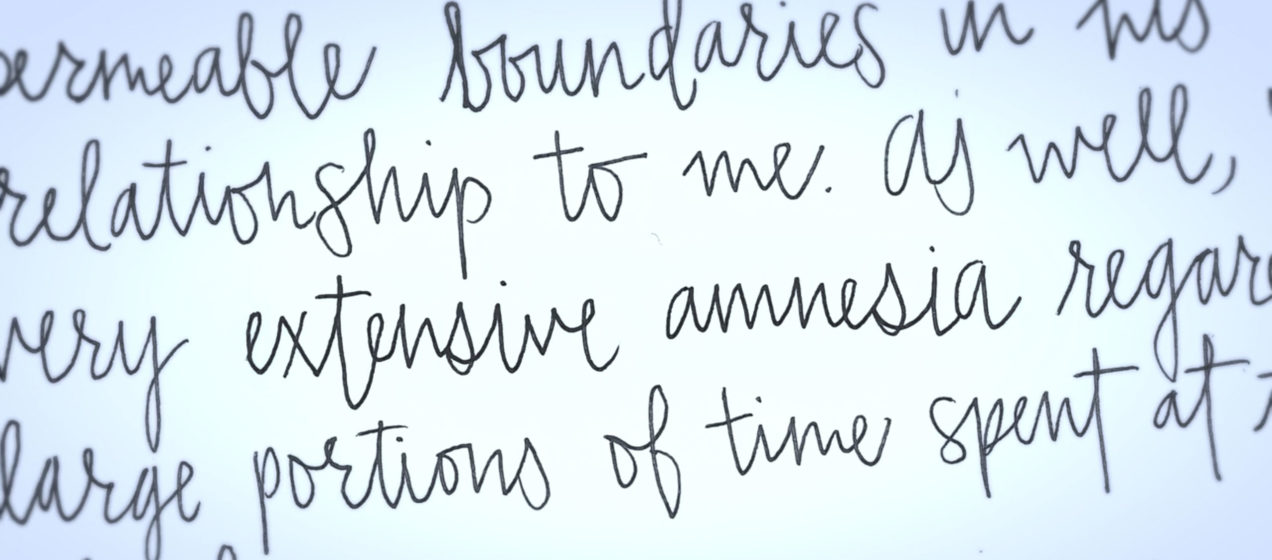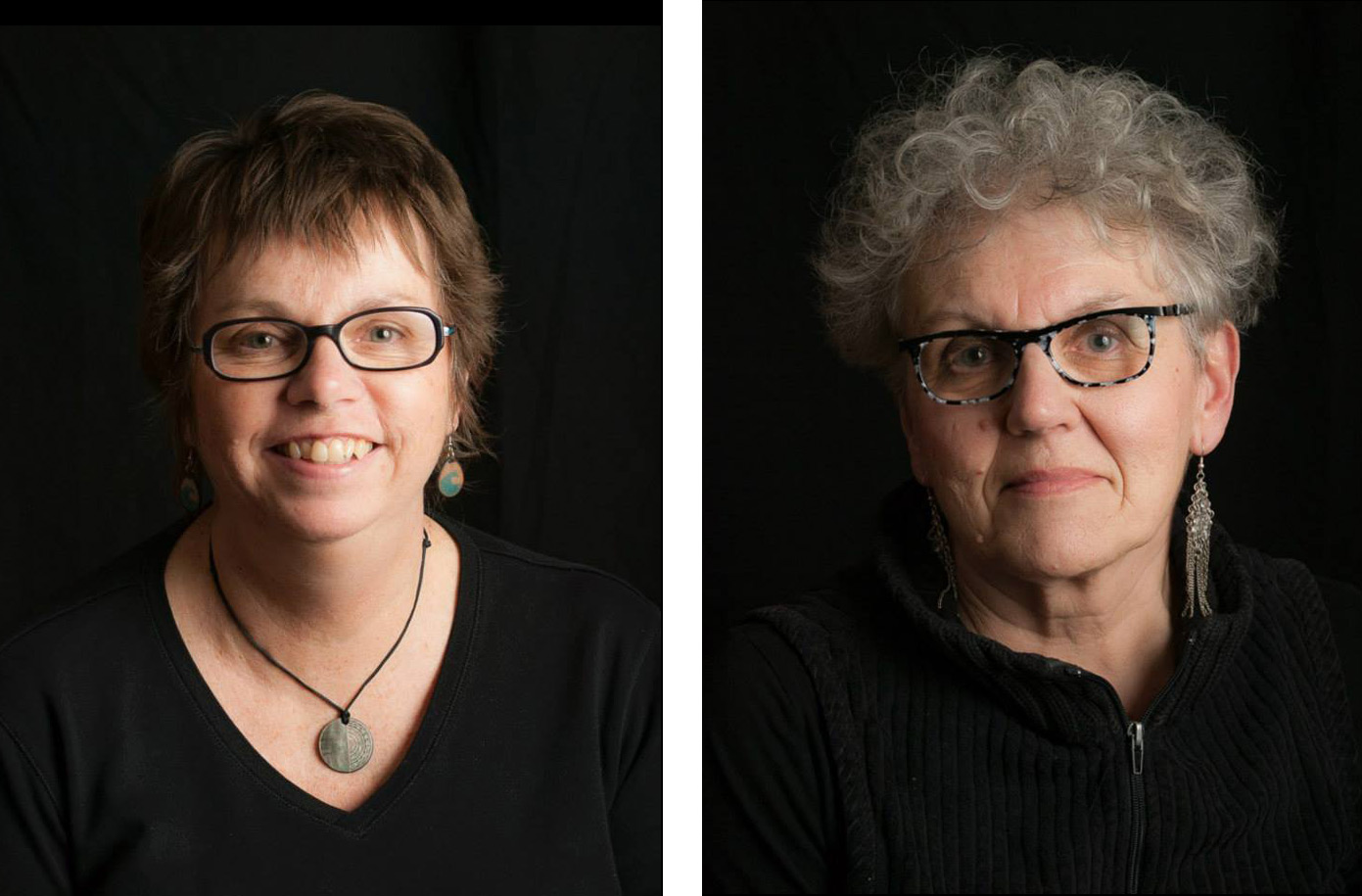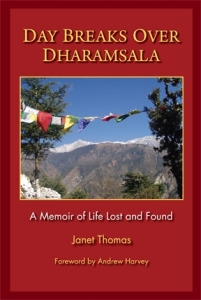The Keepers, a documentary series about the 1969 murder of a Catholic nun, is currently available on Netflix. This article contains spoilers. [Updated 9/23/2017]
The Keepers follows the progress of a devoted amateur team of investigators as they uncover a trafficking ring run by a Catholic priest in Baltimore in the late 1960’s. Victims, mostly teenage girls at the time, recount being raped not only by the priest, but a cast of shady characters including police officers and politicians. They also recount that the priest, a psychologist, drugged, and hypnotized them. Continue reading
















